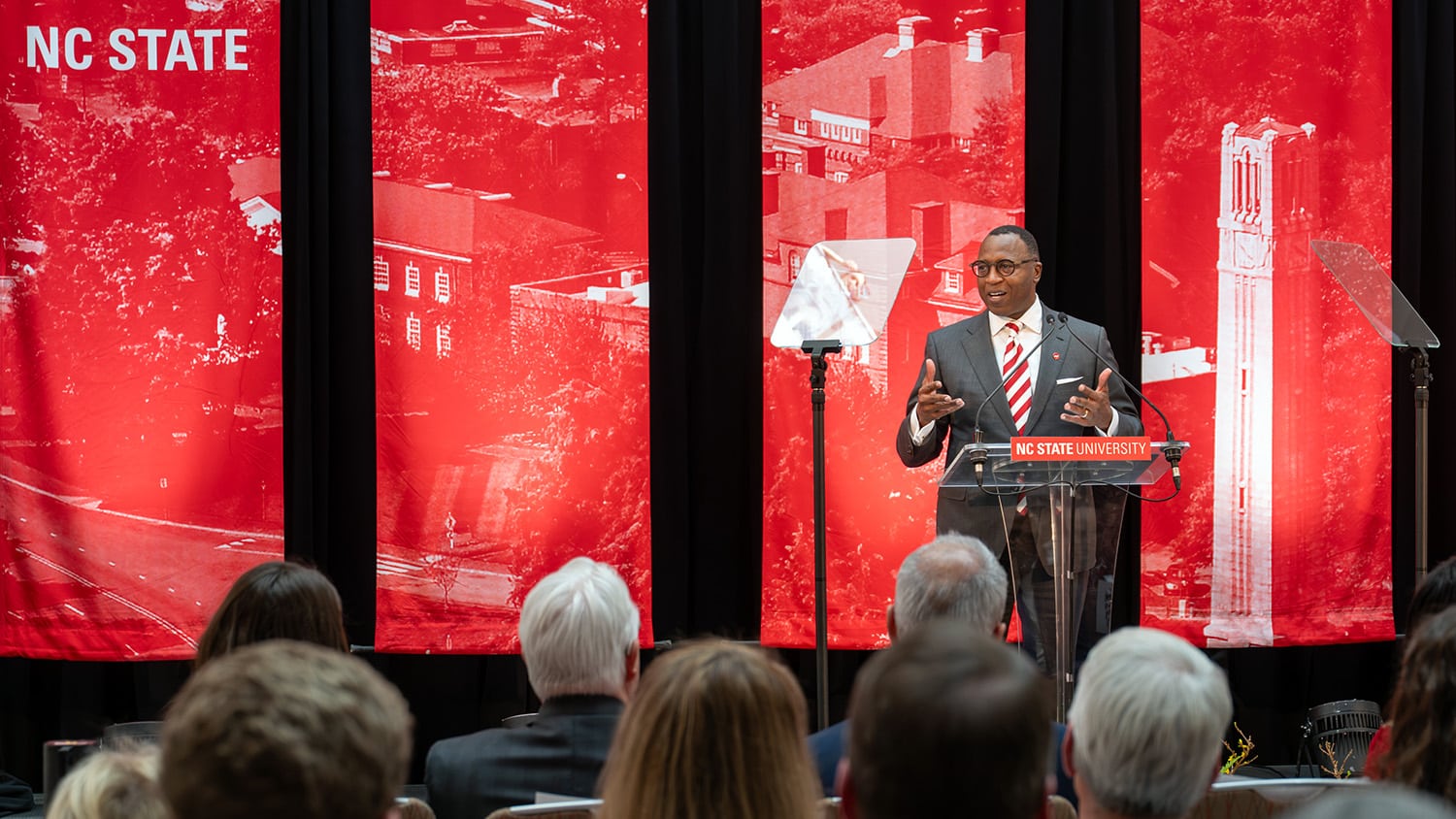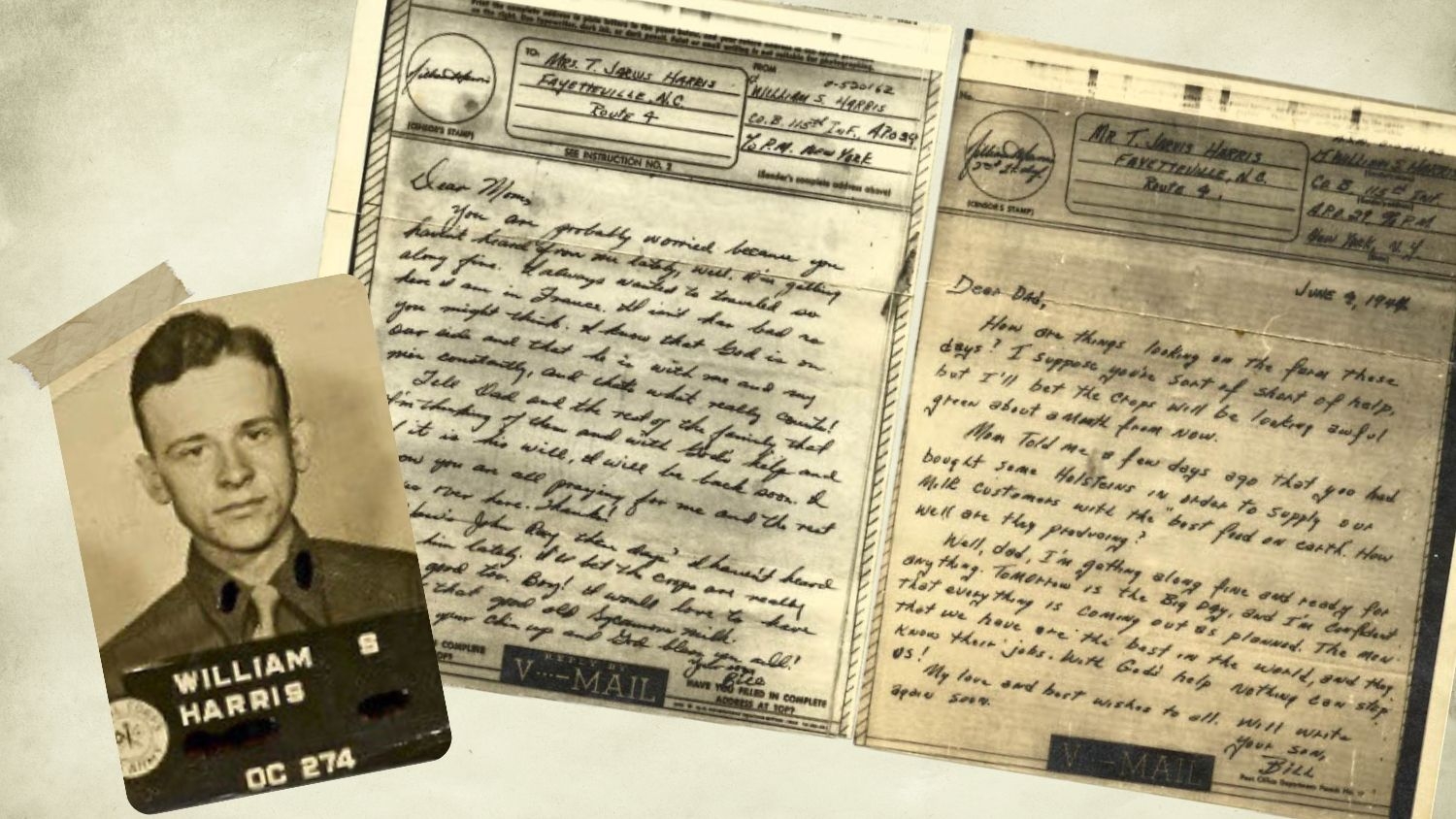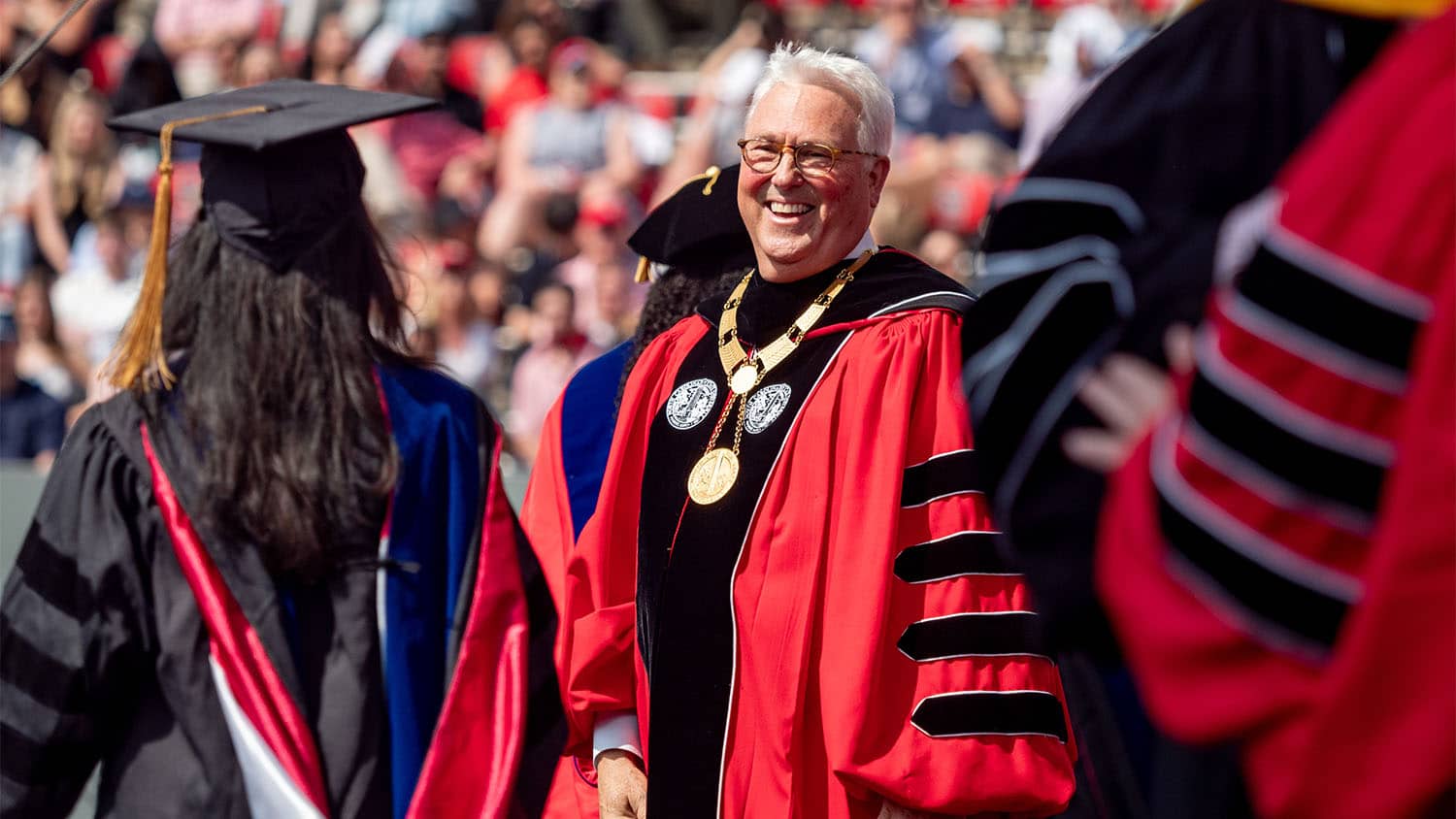10 Years Later
In the aftermath of one of the worst days in NC State history — a shooting that claimed the lives of three young Muslim alums — the seeds of healing have been spread by the Our Three Winners Scholarship.
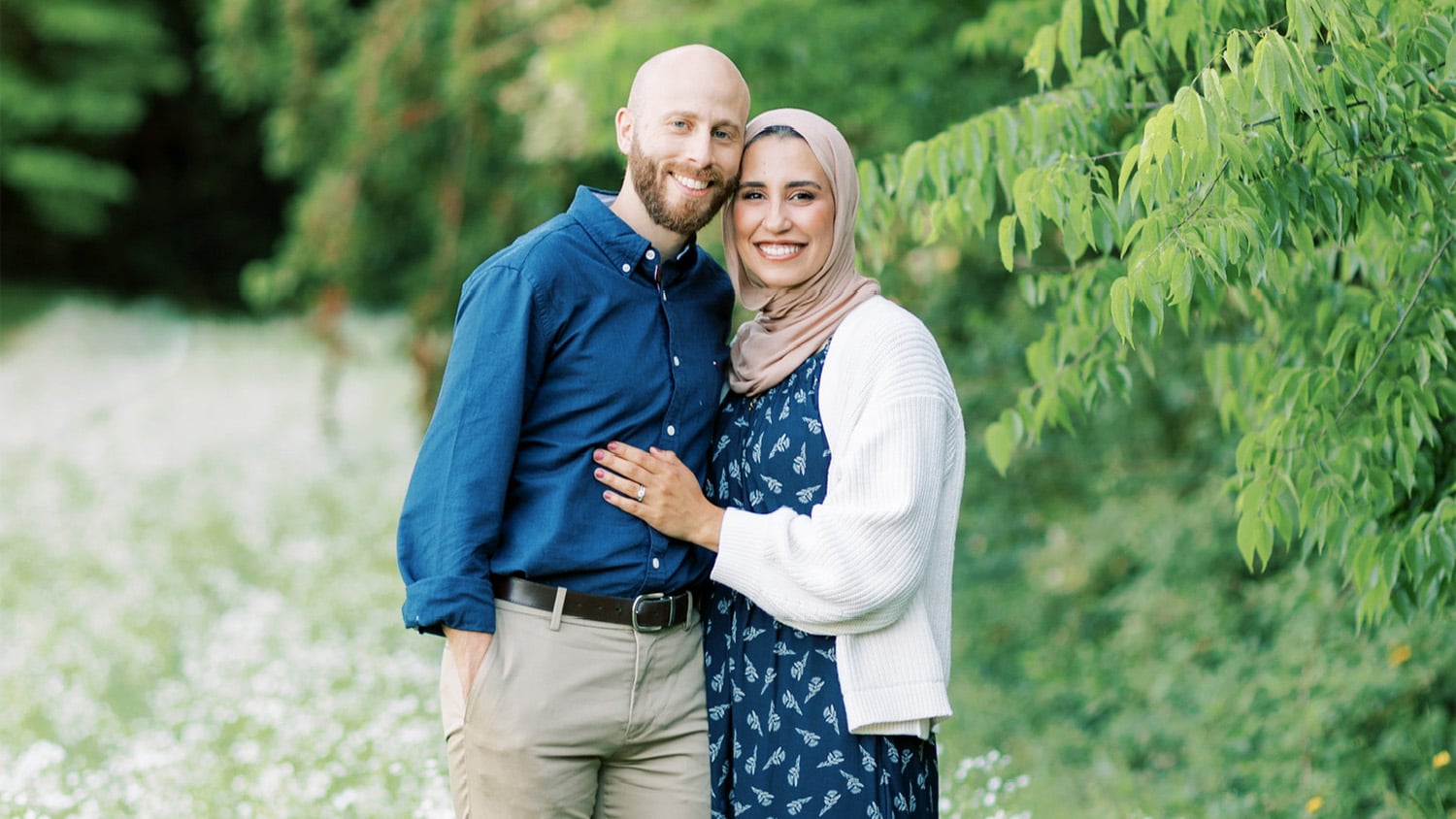
Wajeha Barakat was taken aback when her name was listed among the first six NC State students to receive the first Our Three Winners scholarships that remember the NC State alums who were murdered at a Chapel Hill apartment complex 10 years ago this week.
Barakat (Supply Chain and Business Operations ’15) had not applied for such an award, even though it made sense that she received it since she had been friends with one of the victims, Yusor Abu-Salha, since preschool. She was even in the wedding party of Deah Barakat (no relation) and Yusor and was always running into Razan Abu-Salha on NC State’s campus.
She was even hoping that Yusor would return the favor of being in her wedding later that spring.
The aftermath of the Feb. 10, 2015, event that rocked both NC State and UNC-Chapel Hill changed those plans. On that day, the three Raleigh-born, Wake County-educated members of the Muslim community were shot by a neighbor in an incident that was never officially declared a hate crime. Viewing “36 Seconds: Portrait of a Hate Crime,” a documentary about their deaths that will be shown Wednesday night at Witherspoon Student Center cinema, challenges that omission.
Wajeha Barakat, at the 10-year anniversary of the shooting, hopes the conversation is changing as this dreaded day arrives every year. She hopes to shine a light on what has happened in the aftermath through the early-career accomplishments of the initial six recipients and the dozens that followed.
Barakat, now the chief of staff for artificial intelligence at Raleigh software development company Red Hat, is a strong example of keeping her friends’ memories alive. After graduating, Barakat worked in Chicago and became a member of the board of directors for the Light House Project, a Raleigh-based nonprofit organization founded by Farris Barakat in honor of his brother Deah and the Abu-Salha sisters. She later married and moved back to Raleigh, also her hometown.
“You are not limited because you’re different.
“When I got that scholarship 10 years ago, it helped me believe that people saw something that was in me that I hadn’t seen in myself,” she says. “That scholarship was one of the stepping stones to help me believe that I was more than just a student, I was more than just a Muslim girl and that I could be a leader in our community.”
She’s done that with her community involvement in charities and nonprofits and, perhaps even more importantly, rising within her professional ranks as a graduate of the Poole College of Management — something Yusor talked about before her death.
“Yusor said something once on her Twitter feed about the struggles of wearing the hijab: ‘You are not limited because you’re different,’” Barakat says. “I think about that all the time. I think about how when I show up in a leadership position to a company of over 20,000 people and my co-workers see me as a woman of color, someone who wears hijab, someone who comes from another culture ethnically, and I’m still able to show up, represent and lead.
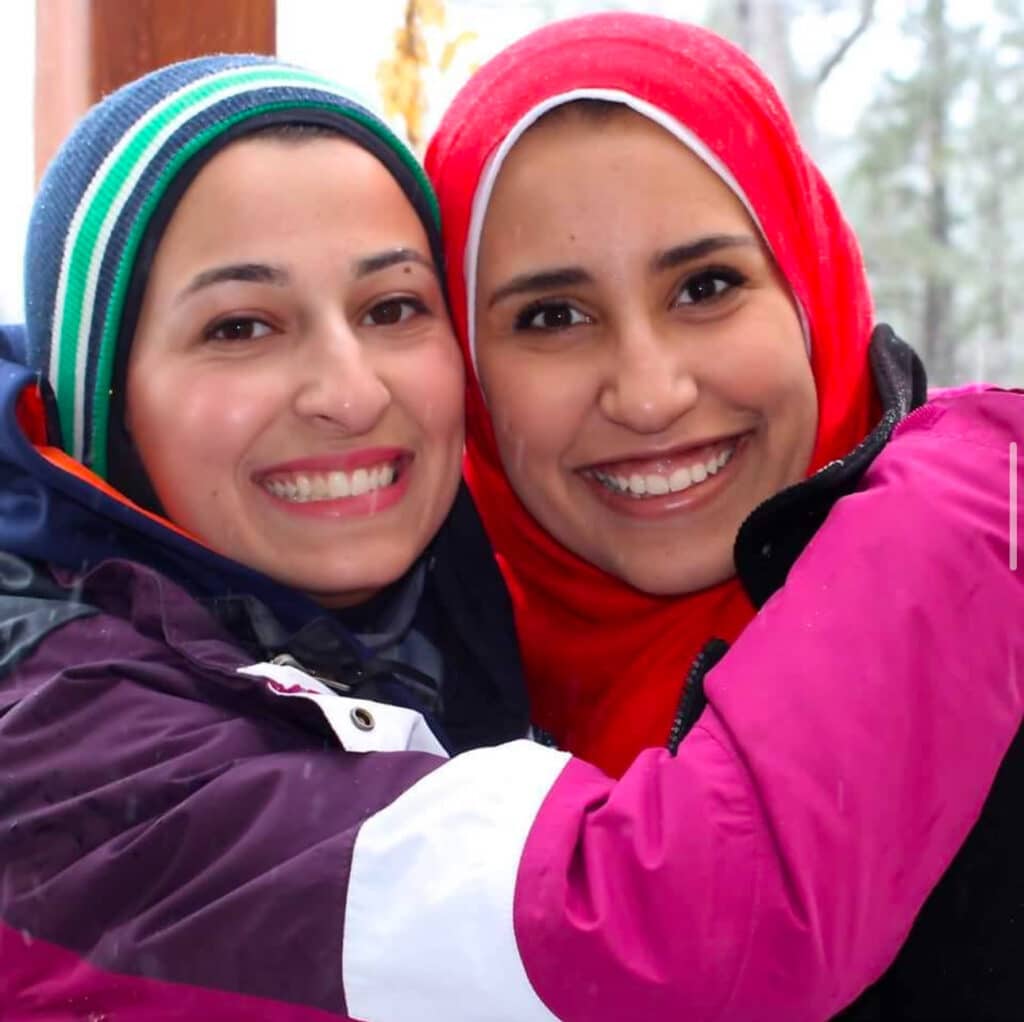
“I would hope that [other OTW scholarship recipients] who are thinking about going into business or going into a field where they’re marginally underrepresented that they have the courage to do so.”
So she coaches young graduates on how to apply for jobs, how to find entry paths into leadership positions and how to transition from students to interns to professionals. It’s how she repays the gift she was given in the shadow of tragedy.
“Three lives were taken away from us too early,” she says. “But as a result, it gave voice and empowerment to so many others for many years. We are still remembering their names, and we’re still doing good in their names.
“People still want to stand up to the hate. Their voices matter so that we don’t see another senseless hate crime like this one happen again.”
- Categories:
